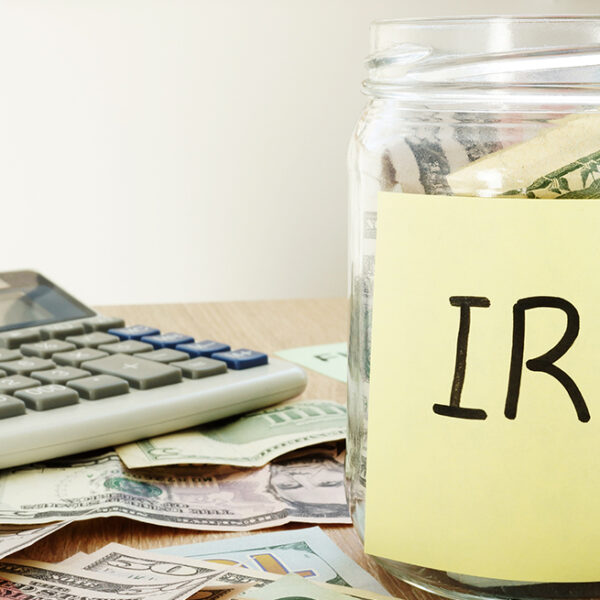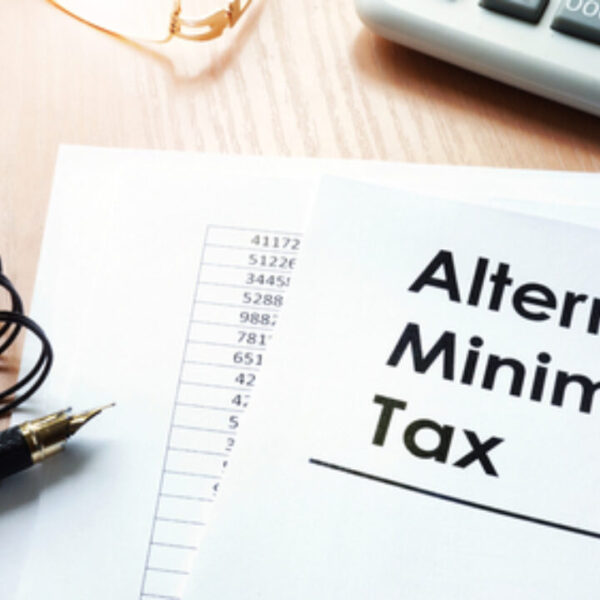2018 Tax Reform: How much should you be withholding?
Getting a refund when filing your taxes is not usually seen as a bad thing. If you received a large refund after filing your 2017 income tax return, you’re probably enjoying the influx of cash. Nevertheless, it is important to keep in mind that this also indicates that you were essentially giving the government an interest-free loan. In the past, when getting a large refund for a previous tax year, … Read more







